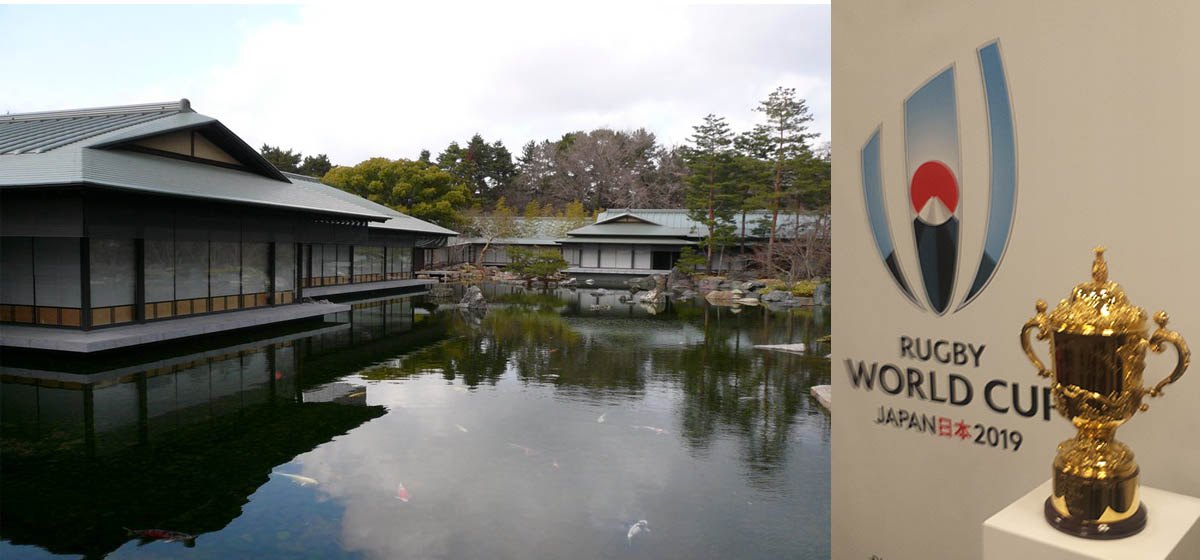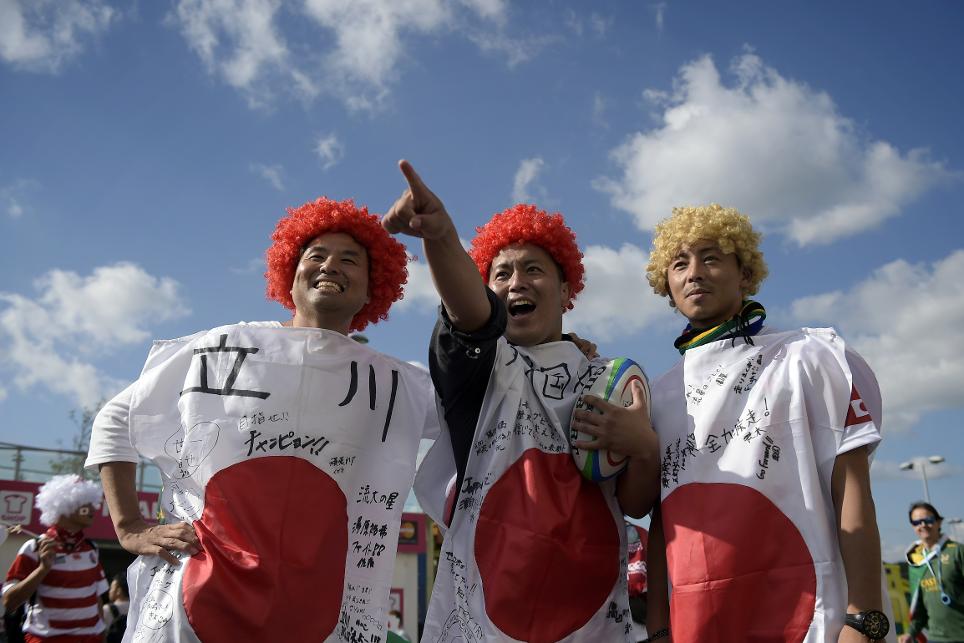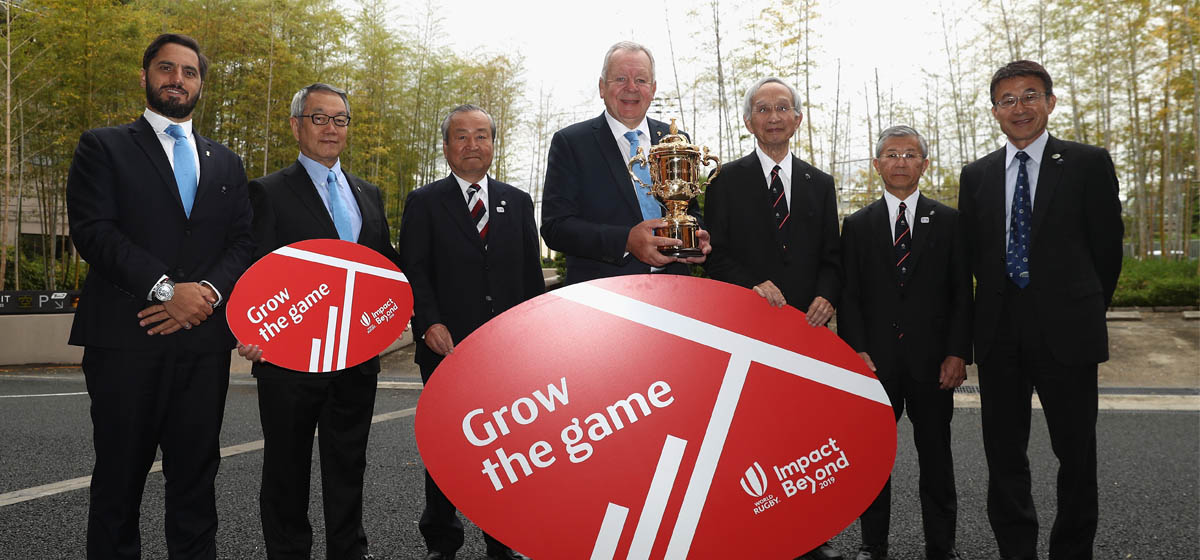- Japan 2019 set to deliver record economic output for a Rugby World Cup
- Nationwide impact spread through 12 host cities
- ¥216.6 billion (£1.5 billion) of additive value to be pumped into the Japanese economy
- Up to 400,000 international fans set to travel to Japan during the tournament
- Japan hosting Asia’s first Rugby World Cup
An economic impact study has revealed that Rugby World Cup 2019 in Japan is set to deliver nearly ¥216.6 billion (£1.5 billion) of additive value into the Japanese economy.
The study, which was undertaken by EY on behalf of the Japan Rugby 2019 organising committee, looked at the different ways in which a Rugby World Cup can benefit the host nation. It estimates that the tournament will generate a total output of around ¥437.2 billion (£2.97 billion), underscoring the significant value in hosting to the host nation. The report predicts that this will translate into a contribution of ¥216.6 billion (£1.47 billion) to national GDP.
With Japan proving to be an attractive destination for fans, the report states that Rugby World Cup 2019 is expected to attract a significant number of international visitors over the 44-day event with up to 400,000 visits anticipated. Through spend on items including travel and accommodation, visitors are expected to contribute up to ¥105.7 billion (£0.72 billion) in direct expenditure.
During Rugby World Cup 2015, 406,000 visitors stayed an average of 14 nights during the 44-day event, boosting an overall economic impact of £2.3 billion. With the 2019 tournament being hosted across 12 cities, the economic benefits will be shared around the country just months ahead of the Tokyo 2020 Olympic Games, representing a significant opportunity for Japan.

Japan Rugby 2019 organising committee CEO Akira Shimazu said: “Rugby World Cup 2019 represents an unprecedented economic opportunity for the whole of Japan with a wide range of opportunities across many sectors that will stretch beyond the 12 host cities. Through investment in infrastructure, supporting jobs or generating tourism revenue opportunities, this is a tournament that is on track to deliver a significant economic legacy for our nation.”
With many of the match venues and team camps enhancing facilities ahead of the tournament and host cities investing in transport links, the report estimates the nation is set to invest ¥40 billion (£0.27 billion) in infrastructure.
The hosting of the tournament will help support a wide range of job opportunities across different sectors for a variety of different demographics of the population. The report estimates that up to 25,000 jobs will be supported across the country.
World Rugby Chairman Bill Beaumont said: “Rugby World Cup is one of the world’s biggest and most popular global sporting events that attracts sports and major event fans from around the world for a six-week celebration of rugby and the host nation.
“The findings of the report outline the enormous economic, sporting and social benefits of Rugby World Cup 2019, reaffirming its low-investment, high-return attractiveness to future host unions and governments and just why the tournament increasingly is great for rugby and great for the host nation.
“We are looking forward to what promises to be a very special Japan 2019 tournament that will secure not just an economic legacy, but a participation and fan legacy across Asia through our Impact Beyond programme, run in partnership with the JRFU and Asia Rugby.”





